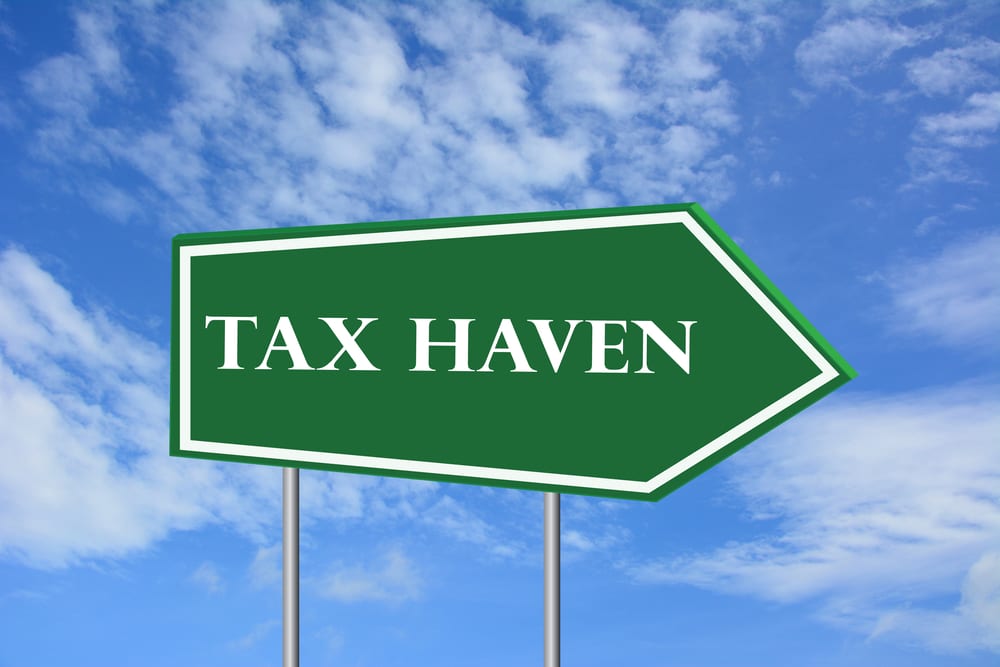Bob’s Journal for 12/15/22
Some Notable Events That Grabbed My Attention This Week
In the December issue of Retirement Watch I emailed you last month, I mentioned that a new digital version of the “To My Heirs” report would be available.
I’m pleased to announce the links to this new estate organization spreadsheet are ready. If you’re interested in only the digital spreadsheet, click here.
If you’re interested in both the PDF version of “To My Heirs” and the digital spreadsheet, click here.
What to Expect After China’s New COVID Rules
Markets around the globe jumped higher after China dismantled most of its extreme zero-Covid policies.
China’s economic growth in 2021 and 2022 was far below what investors are used to, and the zero-Covid policies were major factors. Large portions of the country would be shut down, including complete closure of businesses, for extended periods.
Because China is such a significant part of the global economy, the closures had negative effects elsewhere. Many of the supply shortages of the last few years were at least partly attributable to China’s Covid policies.
But the end of many of the policies doesn’t mean China soon will resume its 10% annual growth rate that investors became used to seeing.
For one thing, the virus is likely to spread much more rapidly through China than it has the last few years. Relatively few people in China have natural immunity from previous infections.
In addition, the country’s policy is to use only vaccines developed domestically. Those vaccines haven’t been widely distributed, and the distributions so far focused on younger people instead of the older people who are most susceptible to the worst effects of the virus. China’s vaccines generally are believed to be less effective than others, though there isn’t much data to confirm that.
There are concerns that China’s health system doesn’t have the capacity to handle an explosion of cases. China also did not respond to the pandemic with the monetary expansion and fiscal stimulus of many western countries. As a consequence, balance sheets did not improve in China the way they did in many developed countries.
Indeed, households and businesses in China seem to have significant debt burdens that the government has been trying to whittle down. Plus, the government has taken measures to reduce growth in real estate, technology and other sectors.
Those policies caused losses in income and net worth for households and businesses.
The bottom line is China’s economy isn’t likely to boom the way the United States did when its Covid policies were relaxed.
U.S. Household Wealth Sinks
The Federal Reserve’s attempts to reduce inflation by slowing demand is having some effects.
Recall that the Fed instituted quantitative easing during the financial crisis to create the wealth effect. It wanted to increase the prices of stocks and other assets so people would feel wealthier and more secure, leading them to spend more.
The strategy worked, but the Fed overdid the policy during the pandemic, triggering high inflation. Now, it’s trying to engineer a negative wealth effect.
The latest data show some success.
Declines in stock and bond prices amounted to a dip through the first three quarters of 2022 of about $6.8 trillion in the values of assets held by American households, according to the Fed’s quarterly financial accounts report. That’s the second largest decline on record.
Stocks lost $1.9 trillion in the third quarter alone.
After adjusting for 2022’s high inflation rate, the Fed calculated that the real decline in asset values was about twice the nominal value, or $13.5 trillion.
But increases in real estate offset some of the decline in stocks. Also, household debt increased during the first three quarters of the year.
The result was a 4.6%, or $143.3 trillion, decline in household net worth in the first three quarters.
The decline in wealth did not have a significant effect on spending or inflation in the first three quarters of 2022.
That’s because households continued to borrow and still have relatively healthy balance sheets. Household net worth still is higher than in 2020. Plus, inflation reduced the real amount of debt owed.
The Fed still has more work to do if it wants to reduce demand to trim inflation.
Hackers Going After Retirement Accounts
Since data security has been increased in other areas, online thieves now are making sophisticated attacks on employer retirement accounts.
I know of one retiree at a large employer who found out that someone contacted the retirement administrator and changed the bank account to which pension payments were electronically deposited.
He avoided a theft by paying close attention to his accounts and recognizing that his monthly payment wasn’t deposited on the usual day of the month. He contacted the administrator and made sure the account change did not go through.
The hackers are taking two general approaches.
One approach is to hack into an email system. The crooks can hack into the corporate email system, or they can use “phishing” emails to trick an employee or retiree to reveal an account’s access information.
The other approach is to buy personal information about the retirement account owner through the dark web and use that to access the account.
Under either strategy, the cyber thief logs into an account and has money or payments transferred to the crook’s account.
One way to protect yourself is to ask the retirement plan administrator about its security. In particular, what steps does it take to ensure that any account change requests are legitimate? What does it do to verify the identity of the user?
The other way is to practice safe cybersecurity yourself. Protect your personal information and the information needed to access your account as best you can. Check your accounts regularly and look for any unauthorized changes or transactions.
The Data
The Consumer Price Index (CPI) increased only 0.1% in November after increasing 0.4% in October. That brought the 12-month increase down to 7.1% from 7.7% at the end of October.
The core CPI, after subtracting food and energy, increased 0.2% in November, down from 0.3% in October. Over 12 months, the core CPI increased 6% as of the end of November, down from 6.3% at the end of October.
This is the fifth straight month in which the 12-month CPI rate decreased, and the 7.1% rate is the lowest since December 2021. The 12-month increase in the core CPI is the lowest since August 2021.
The Producer Price Index (PPI) increased by 0.3% in November, the same rate as in November. Over 12 months, the PPI increased 7.4% as of November, which is down from 8.1% in October.
The core PPI, after excluding food and energy, increased 0.4% in November, which is up from 0.1% in October. Over 12 months, the core PPI increased 6.2% at the end of November, compared to 6.7% at the end of October.
Consumer Sentiment, as measured by the University of Michigan, increased to 59.1 in the preliminary December reading from 56.8 at the end of November.
Sentiment regarding both current conditions and expectations improved. Inflation expectations decreased to the lowest level since September 2021.
The Small Business Optimism Index increased to 91.9 in November from 91.3 in October.
Inflation and worker shortages remained the major issues for business owners, but inflation pressures decreased slightly and there was a little more optimism about business conditions during the next six months.
Consumer credit increased at an annual rate of 6.9% in October, following a 6.9% jump in September. Revolving credit (mostly credit cards) increased by 10.9%, while nonrevolving credit (student and vehicle loans) climbed by 5.8%.
New unemployment claims increased by 4,000 to 230,000 in the latest week. Continuing claims climbed 62,000 to 1.671 million. That’s the eighth consecutive week of increases in continuing claims and the highest level since early February.
The Markets
The S&P 500 rose 2.07% for the week ended with Tuesday’s close. The Dow Jones Industrial Average gained 1.59%. The Russell 2000 increased 1.19%. The All-Country World Index (excluding U.S. stocks) added 1.64%. Emerging market equities improved 0.34%.
Long-term treasuries rose 0.70% for the week. Investment-grade bonds increased 0.78%. Treasury Inflation-Protected Securities (TIPS) lost 0.25%. High-yield bonds gained 2.07%.
The dollar declined 1.23%.
Energy-based commodities increased 2.89%. Broader-based commodities rose 5.47%. Gold gained 2.20%.
Bob’s News & Updates
My next book will be “Retirement Watch: The Essential Guide to Retiring in the 2020s.” The official publication date is Jan. 3, 2023. You can make a pre-publication order or learn more about the book by clicking here and here.
My latest book is “Where’s My Money: Secrets to Getting the Most out of Your Social Security.” It has received mostly five-star reviews on Amazon for telling you clearly what your benefit options are in different situations and how to determine the best choice for you. You can find it on amazon.com or Regnery.com.
The number of regular viewers for my Retirement Watch Spotlight Series continues to increase. You should sign up because I make in-depth presentations of key retirement finance topics. You can watch these online seminars from the comfort of your home or office at times you choose. To learn more about my new Spotlight Series, click here.
A recent five-star review of my book, “The New Rules of Retirement” on amazon.com said, “A complete retirement guide! One of the best books on this topic!” Click for more details about the revised edition of “The New Rules of Retirement.”
If you’re interested in my books, check my amazon.com author’s page.
I am a senior contributor to the Forbes.com blog. You can view my contributor page here.
![]()





